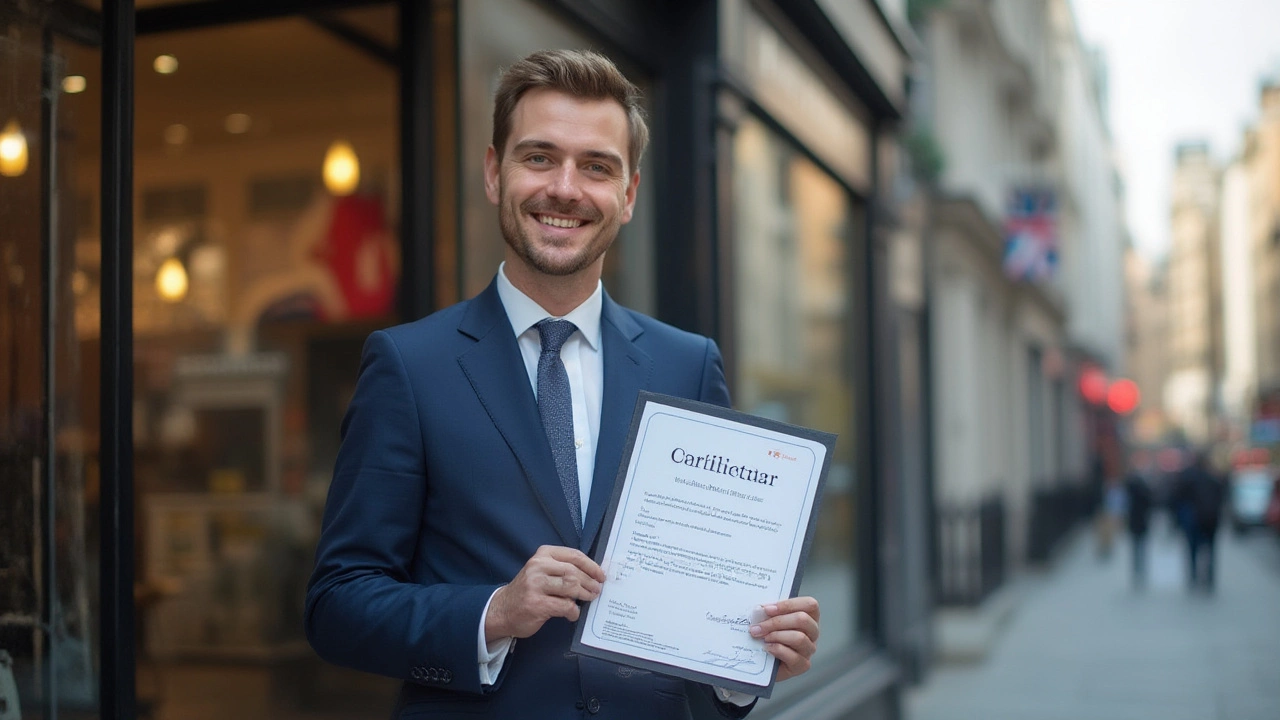Commercial License: What It Is and How to Get Yours
If you run a plumbing or construction business in the UK, a commercial license is probably the most important piece of paperwork you’ll need. Without it, you can’t legally take on paid work, and you risk fines, stopped projects, or even a shutdown. This guide breaks down the basics, walks you through the application steps, and gives you tips to keep the license valid year after year.
Why a Commercial License Matters
A commercial license tells clients, insurers, and local authorities that you meet the required safety and competency standards. It shows you’ve passed the necessary exams, have the right insurance, and follow health‑and‑safety rules. In practice, it means you can bid on bigger jobs, attract more customers, and avoid costly legal trouble.
Step‑by‑Step: Getting Your Commercial License
1. Check the specific requirements. Different trades have different rules. For plumbers, you’ll need to be registered with a recognized body like the Chartered Institute of Plumbing and Heating Engineering (CIPHE). For general contractors, look at the Construction Industry Scheme (CIS) and the local council’s licensing department.
2. Gather proof of qualifications. This includes your NVQ, City & Guilds certificates, or any apprenticeship records. If you’ve completed a recognized training course, have the certificates ready to upload.
3. Get the right insurance. Public liability insurance is a must; most licensing boards won’t accept an application without it. A minimum coverage of £2 million is typical, but check your local rules.
4. Complete the application form. Most councils provide an online portal. Fill in details about your business, provide the qualification documents, and attach your insurance certificate. Double‑check the form for typos – a simple mistake can delay the process.
5. Pay the fee. Fees vary by region and trade, ranging from £100 to £400. Some councils offer a reduced rate for new businesses, so look for any discounts.
6. Await inspection. In many cases, an inspector will visit your workshop or site to verify that your equipment and safety procedures meet standards. Be prepared with tool safety tags, proper storage, and clear signage.
7. Receive your license. Once approved, you’ll get a digital copy and a physical card. Keep the card in a visible place at your office or van, and store the digital version in a cloud folder for easy access.
8. Keep records up to date. Your license typically lasts 1‑3 years. Mark the renewal date on your calendar and start the next application early to avoid a lapse.
Getting a commercial license isn’t just a bureaucratic hurdle – it’s a confidence builder for your clients and a safeguard for your business. The process may feel long, but crossing each step off your list gets you one step closer to bigger contracts and smoother operations.
Need a quick checklist? Write down: qualifications, insurance, application form, fee, inspection, and renewal schedule. Keep that list handy and you’ll never miss a deadline.
Remember, a valid commercial license is a living document. Stay on top of training updates, insurance renewals, and any changes in local building codes. When you do, you’ll spend less time worrying about paperwork and more time on the job site, delivering quality work that keeps customers coming back.

